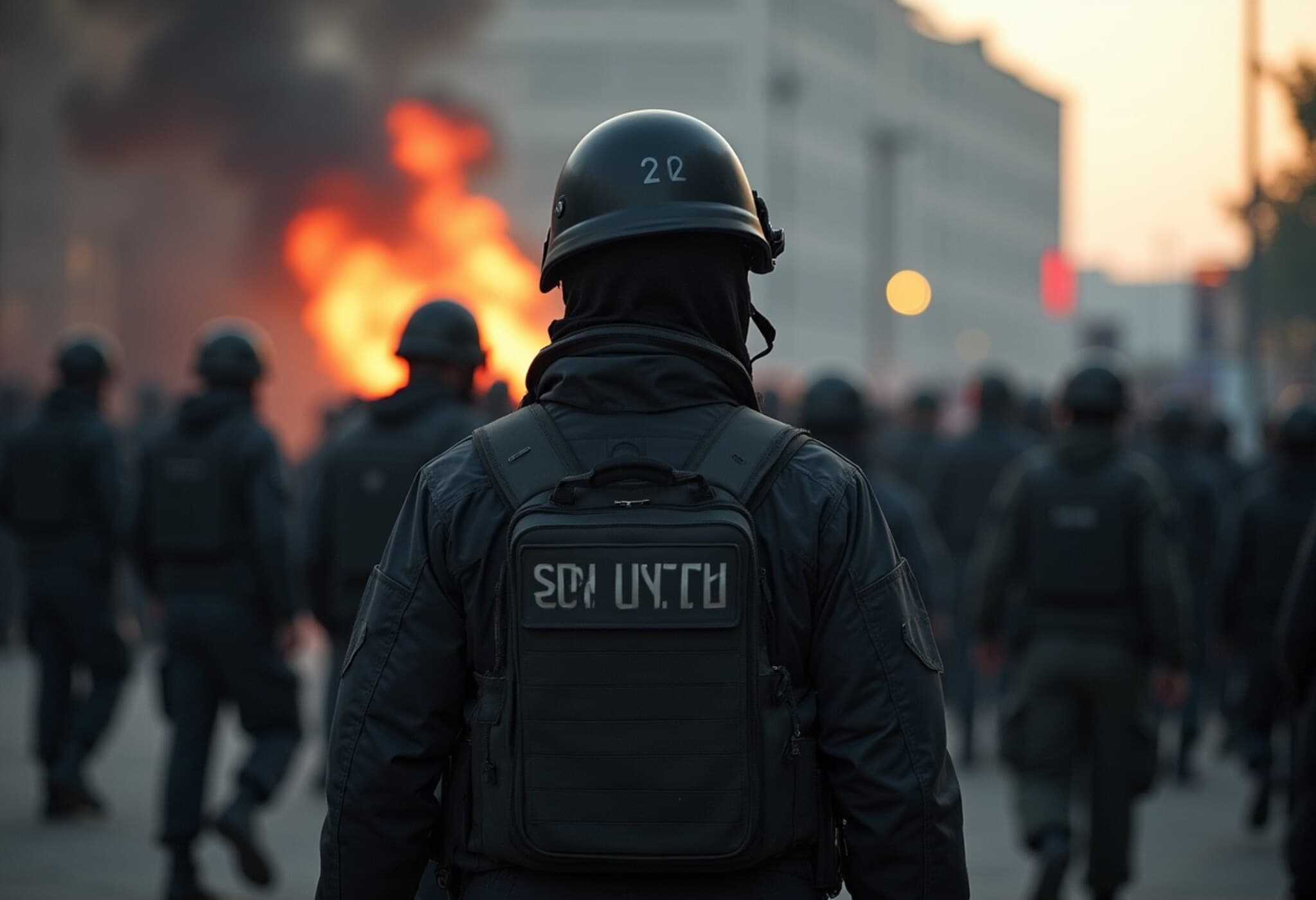Iran Detains 20 Suspected Israeli Spies Amid Rising Espionage Crackdown
In a stern message reverberating across the geopolitical landscape, Iran's judiciary announced the arrest of 20 individuals accused of spying for Israel's Mossad intelligence agency. The arrests, spanning recent months, underscore Tehran's escalating domestic crackdown on espionage activities amidst heightened regional tensions.
Judicial Statement and Implications
Iran's judiciary spokesperson, Asghar Jahangiri, confirmed that while some detainees have been released after charges were dropped, those proven to be spies will face uncompromising punishments. Jahangiri emphasized that the government intends to use these cases as a deterrent, warning that confirmed operatives will be made examples of — a clear sign of Tehran's zero-tolerance policy towards perceived Israeli intelligence incursions.
Context of Recent Executions and Espionage Allegations
This announcement closely follows the execution of nuclear scientist Rouzbeh Vadi, accused by state media of espionage linked to Mossad and alleged involvement in the dissemination of information that led to the death of another scientist targeted by Israeli airstrikes in June. Vadi's case highlights the acute paranoia surrounding Iran's nuclear program security and the harsh penalties faced by individuals accused of betraying the Islamic Republic.
Escalating Regional Conflict and Spy Networks
The recent surge in espionage-related executions — with at least eight reported this year — reflects a broader regional friction marked by Israel's 12-day air campaign in June targeting Iranian military assets, nuclear experts, and infrastructure. Iran's retaliatory missile and drone strikes further entrenched this cycle of hostility.
Human rights organization HRANA has documented over 1,190 Iranian fatalities during these exchanges, including civilians and security personnel, underscoring the conflict's human cost. Meanwhile, Israel reported 28 deaths from Iran's counterstrikes, indicating the lethal tit-for-tat nature of this shadow war.
Expert Commentary: The Shadow Warfare Between Iran and Israel
From an American policy perspective, Iran's intelligence arrests and severe judicial responses reveal the depth of mistrust fueling the Middle East's security landscape. The targeting of alleged spies serves dual purposes: safeguarding nuclear ambitions and rallying domestic narratives against foreign threats.
These developments raise critical questions about intelligence operations sophistication and human rights concerns surrounding due process and the treatment of detainees in Iran's judiciary system. Moreover, the escalating cycle of espionage accusations and retaliatory strikes heightens the risk of an inadvertent broader conflict.
Looking Ahead: What This Means for Regional Stability
Observers should watch for further judicial proceedings, potential additional arrests, and any shifts in Iran’s internal security measures. For the United States and its allies, understanding these dynamics is crucial as they navigate diplomatic engagements and counterintelligence in the region.
- Key takeaway: Iran's approach to alleged espionage signals a hardened stance amid ongoing Iran-Israel covert confrontations.
- Human impact: Civilians often bear the brunt of these tensions, spotlighting the need for measured conflict resolution.
- Policy angle: Balancing intelligence gathering with human rights considerations remains a complex challenge for regional and global players.
Editor's Note
The arrests of alleged Mossad operatives in Iran surface critical themes of espionage, national security, and human rights entangled in Middle East geopolitics. While Tehran’s stringent measures underline its determination to protect sensitive programs, they also invite scrutiny about transparency and due process. As tensions simmer, a deeper understanding of this clandestine conflict is essential for policymakers and the public alike. How will these developments influence future diplomacy, regional stability, and the human cost of intelligence warfare?












